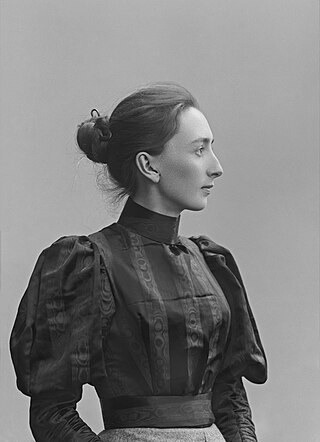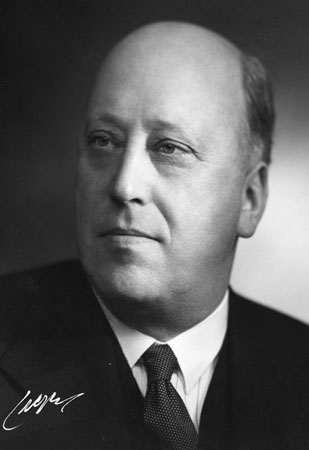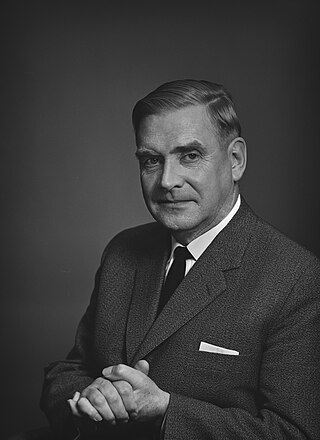
Jean Sibelius was a Finnish composer of the late Romantic and early-modern periods. He is widely regarded as his country's greatest composer, and his music is often credited with having helped Finland develop a national identity during its struggle for independence from Russia.

Finnicization is the changing of one's personal names from other languages into Finnish. During the era of National Romanticism in Finland, many people, especially Fennomans, finnicized their previously Swedish family names.

Aino Sibelius was the wife of Finnish composer Jean Sibelius. They lived most of their 65 years of marriage at their home Ainola near Lake Tuusula, Järvenpää, Finland. They had six daughters: Eva (1893–1978), Ruth (1894–1976), Kirsti (1898–1900), Katarina (1903–1984), Margareta (1908–1988) and Heidi (1911–1982).

Johan Emil Kauppi was a Finnish composer. His teachers included Jean Sibelius.
Martti Arvo Henrik Rousi, is a Finnish cellist.
The Syöksy-class motor torpedo boats was a series of four British Thornycroft type motor torpedo boats of the Finnish Navy. The vessels were constructed in 1928 by the John Thornycroft & Co. shipyard in Woolton, UK. The vessels saw service in World War II. The Thornycroft type released its torpedoes by dropping them from rails in the aft. The ship then had to steer away from the torpedoes path, a manoeuvre that could be quite tricky in the close waters of the Gulf of Finland.

Aarno Henrik Maliniemi was a Finnish historian, professor in church history at Helsinki University 1945–1960.
Marjo Anneli Arho is a Finnish music educator, writer and composer.

Åke Henrik Gartz was a Finnish politician. He served as Minister of Trade and Industry in the J. K. Paasikivi II and III Cabinet from 1944 to 1946, and in the Kekkonen I and II Cabinet as Minister of Foreign Affairs from 1950 to 1951.

Heikki Tapani Valsta was a Finnish pianist, organist and music educator.
Lauri Fritjof Ojala was a Finnish trumpeter.
Otto Lauri Mikael Hjelt was a Finnish diplomat, a master of philosophy.

Veli Arthur Helenius was a Finnish diplomat and lawyer.

Karl Werner Cajanus (1878–1919) was a Finnish forest scientist. He taught philosophy as a doctorate in 1914 and cared for at the University of Helsinki the evaluation of forest professions in 1909–1918. Thereafter, he was in 1918–1919 as Secretary of State in Stockholm and as Chargé d'Affaires in Copenhagen.

Jarl Axel Wasastjerna was a Finnish physicist. After his academic career, he worked in industry, received an honorary degree in technology in 1949, and the honorary title of Vuorineuvos in 1957.
Artturi August Lehtinen was a Finnish diplomat. He graduated as a Bachelor of Agricultural and Forest Sciences in 1927. He served as the head of the Trade Policy Department of the Ministry for Foreign Affairs from 1951 to 1953. He then served as Consul General from 1953 to 1959 in New York, as Chargé d'Affaires to Ottawa from 1959 to 1960, as ambassador since 1961 when the delegation became Embassy in 1964.

Stephen Ivan Portman is an American conductor and pianist, educated also in Italy and Finland.

Ruben Erik Nirvi was a Finnish linguist. He was the deputy of Finnish philology at the University of Helsinki from 1955 to 1957 and the personal additional professor of the Finnish language from 1957 to 1972. He was a special expert on Finnish, especially the Ingrian dialects. He defended his thesis Sanankieltoja ja niihin liittyviä kielenilmiöitä itämerensuomalaisissa kielissä: Riista- ja kotieläintalous.

Liisa Linko-Malmio was a Finnish operatic soprano and a voice pedagog.












